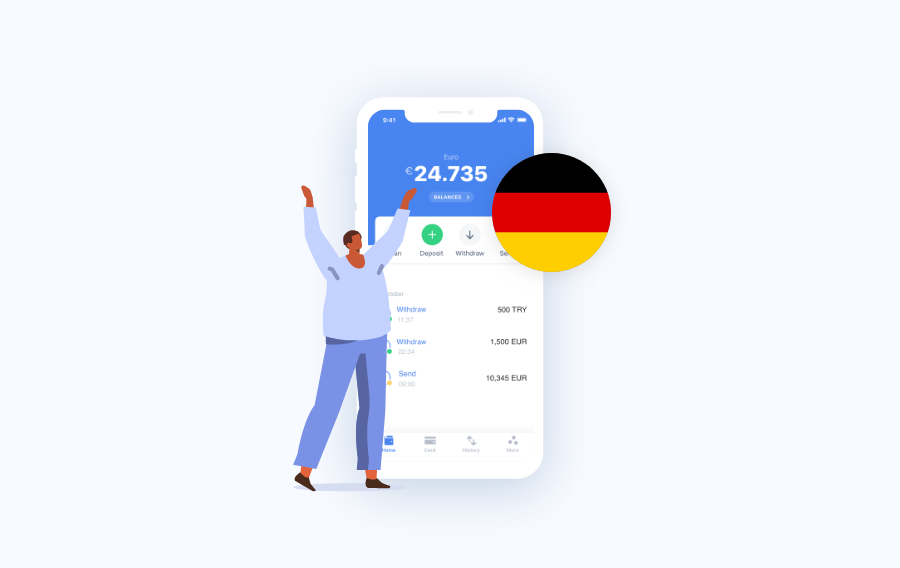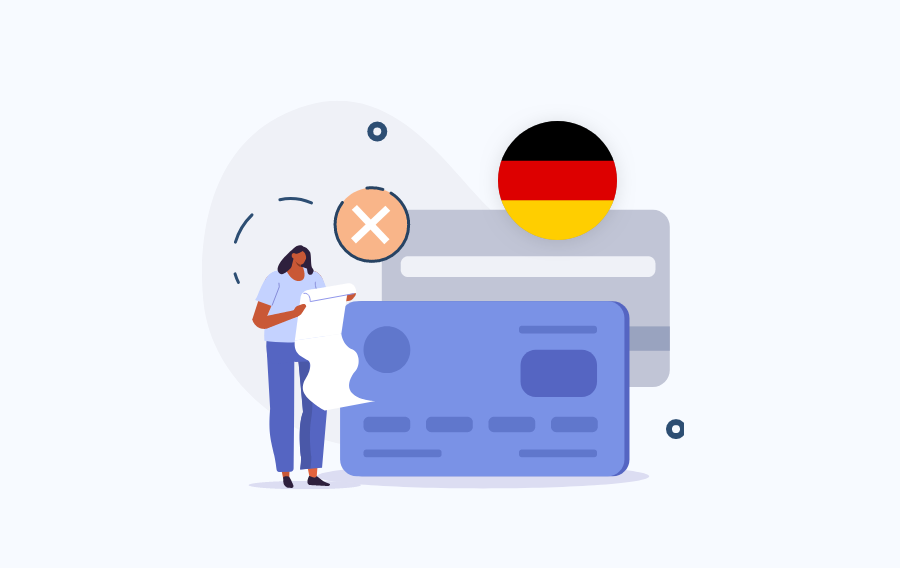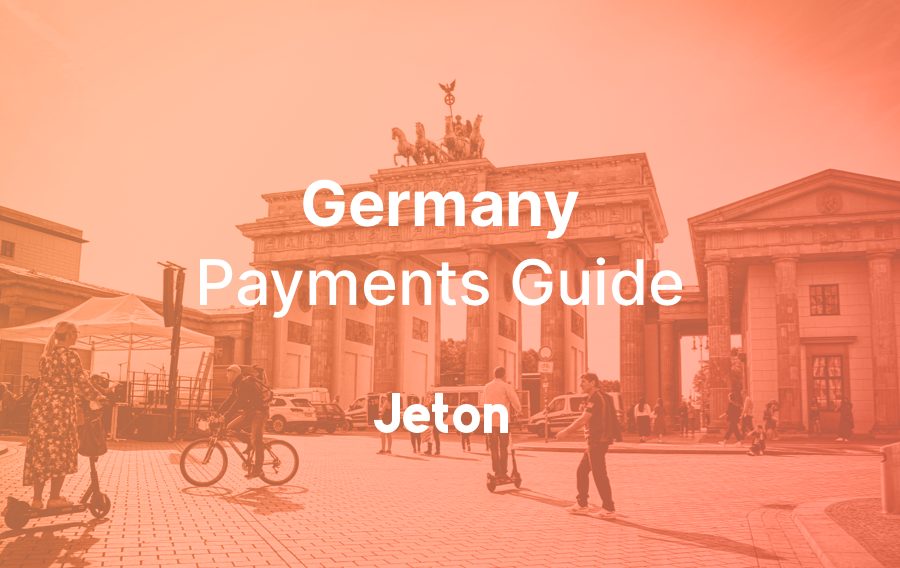In the heart of Europe, where innovation meets tradition, Germany stands tall as a symbol of unparalleled quality and technological prowess. From the sleek lines of luxury cars to the precision of high-end home appliances, the “Made in Germany” tag has become a global byword for reliability and innovation.
Germany Payments Guide
With a bustling population that thrives on creativity and efficiency, Germany is not just an industrial titan, but a hub of cultural and economic vibrancy. Amidst this backdrop, navigating the financial landscape can seem daunting. Enter the Germany Payments Guide, your compass in the complex world of German finance.
This Germany Payments Guide isn’t just a manual; it’s your gateway to understanding the nuances of transactions in a country where tradition and innovation converge. Whether you’re a local navigating the autobahns of digital banking or an expat discovering the rich cultural heritage, this guide illuminates the path to seamless financial transactions in Germany’s dynamic ecosystem. Engage with it, and unlock the secrets to thriving in the country’s vibrant economic landscape with this comprehensive Germany Payments Guide.
Choosing Payment Methods in Germany

To comprehend payment methods and practices in Germany and how German consumers choose to utilise their money are closely connected to German culture. However, our perceptions may cross over where we are born in this continuously changing world. Since we are stimulated by social media, television, and our society, our perspectives are not only limited by traditional spending habits.
Let’s take a closer look at the recent statistics referring to modern Germania to be able to read and evaluate current German payment habits of consumer preferences. At the end of the day, we are all numbers and scientific statistics from an obtuse angle, aren’t we?
- The median age in Germany is 45.9, while just 17% of Germany is under 18. Compared to the population over 65 years old, reaching %22.3, we can not talk about a youth bulge, but the opposite.
- Thus, the most popular payment methods in Germany must be explanatory and contain age-friendly solutions for older people, 93% of the German population are active internet users, one of the highest in Europe.
- Plus, the percentage of users accessing the internet via mobile phones is 87.5. Therefore, we can easily say that the people of Germany are into applications and social media. A successful online payment application can be pretty convenient.
Another appealing fact is the high percentage (27.8%) of internet users visiting social networks to double-check for brands and services before purchasing them. So, preferred payment options in Germany are chosen by conscious consumers who do not jump into anything they see on the internet or on television.
What are the Different Types of Payment Methods in Germany?
Just like in every country, German people have various determinants when choosing the best payment method online or physically. These include age, gender, economic status, residential location, conservativeness against technology, and familiarity with the internet. For example, the percentage of digital wallet usage in Germany drops when the age increases after 55 years old.
To save some time for our readers, we have placed the most prevalent payment options in Germany below:
Credit Cards in Germany
86% of the German population owns a debit or credit card, which is a high rate for a country that is also conservative in utilising cash in on-the-counter payments. According to the latest research on active online consumers, it is stated that online shopping through debit/credit cards has risen up to 58% from 42% in the dark days of Covid-19 in Germany. This is not surprising when we consider the long quarantine period.
On the other hand, contactless payments in Germany expand day by day when we take a closer look at statistics. Many bank types of research show that an average contactless payment via a proper POS terminal takes less than 10 seconds, while PIN payments may take up to 28 seconds for card and signature transactions. Why spend your precious time waiting and inserting your code in front of strangers?
Digital Wallets in Germany
Thanks to the fruits of being online, digital payments have eased our lives tremendously. They eliminate a critical default of the traditional banking system; “You have to open your bank account presenting physically a bunch of documents in the bank branch no matter if it is 42 celsius outside!”
By 2021, 24.3% of consumers utilised mobile payment methods in Germany each month. Most known digital wallets are PayPal, Google Pay, Apple Pay, and Payback Pay, loosely followed by Barclays bPay, Bitpay and Boon. To be frank, this percentage points out a movement at a much snail’s pace than in other Western European countries such as Finland, Denmark, or Switzerland.
Cryptocurrency in Germany
Cryptocurrencies are seen as the currency of the future. Although they are criticised brutally by the conservative investors stuck in estates, stocks, and fiat currencies, Germany is one of the foreseeing countries recognising licensed cryptocurrency wallets and exchanges. 9.2% of German investors own a form of cryptocurrency or more in their portfolio.
However, in contrast with Germany’s high reputation in the financial services industry, there is no specific crypto use regulation yet. Another interesting point is that the German Banking Act allows banks to have crypto custody. Hence, you can hold cryptocurrency in your traditional bank account just like any other fiat currency in Germany.

Jeton Wallet in Germany!
Our perfectly designed e-wallet, Jeton Wallet, has been featured in this spectacular land for a long while. We completely understand the German finance market’s expectations, concerns, and statements while adapting our services according to consumer requests. Are you searching for swift and secure online payments in Germany? Would you feel better revising all your transaction history in seconds on a state-of-the-art mobile application? Then, Jeton is the answer to what you are searching for!
What’s more, our users can use Jeton Wallet’s Jeton Visa Debit Card to shop in both physical and online stores in Euros and multiple other fiat currencies. Visit jeton.com now, and let us introduce our seamless and innovative services for all your transactions!




